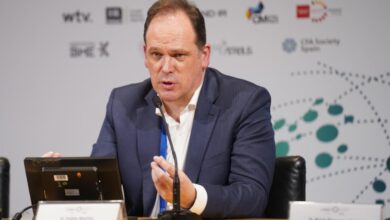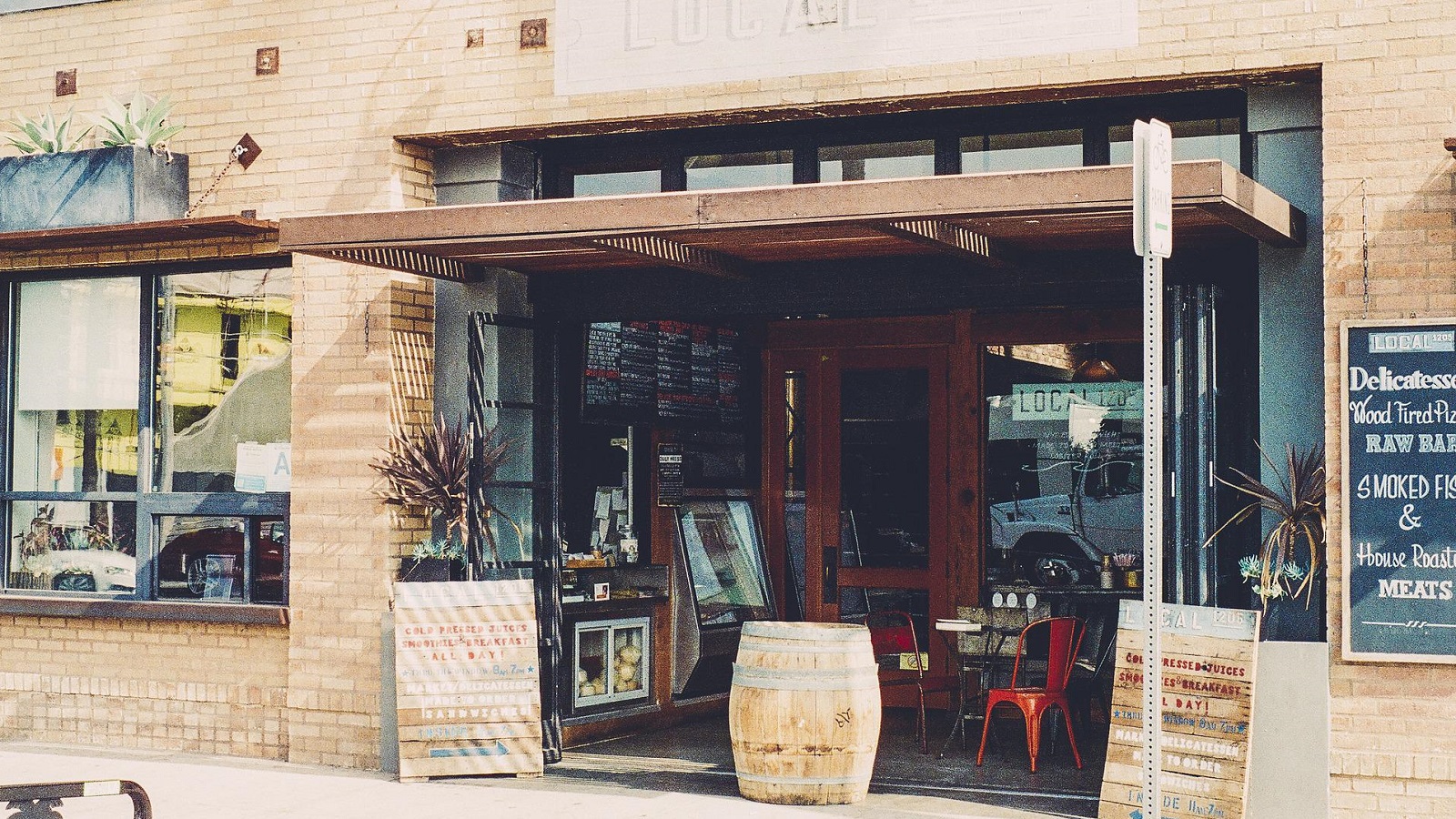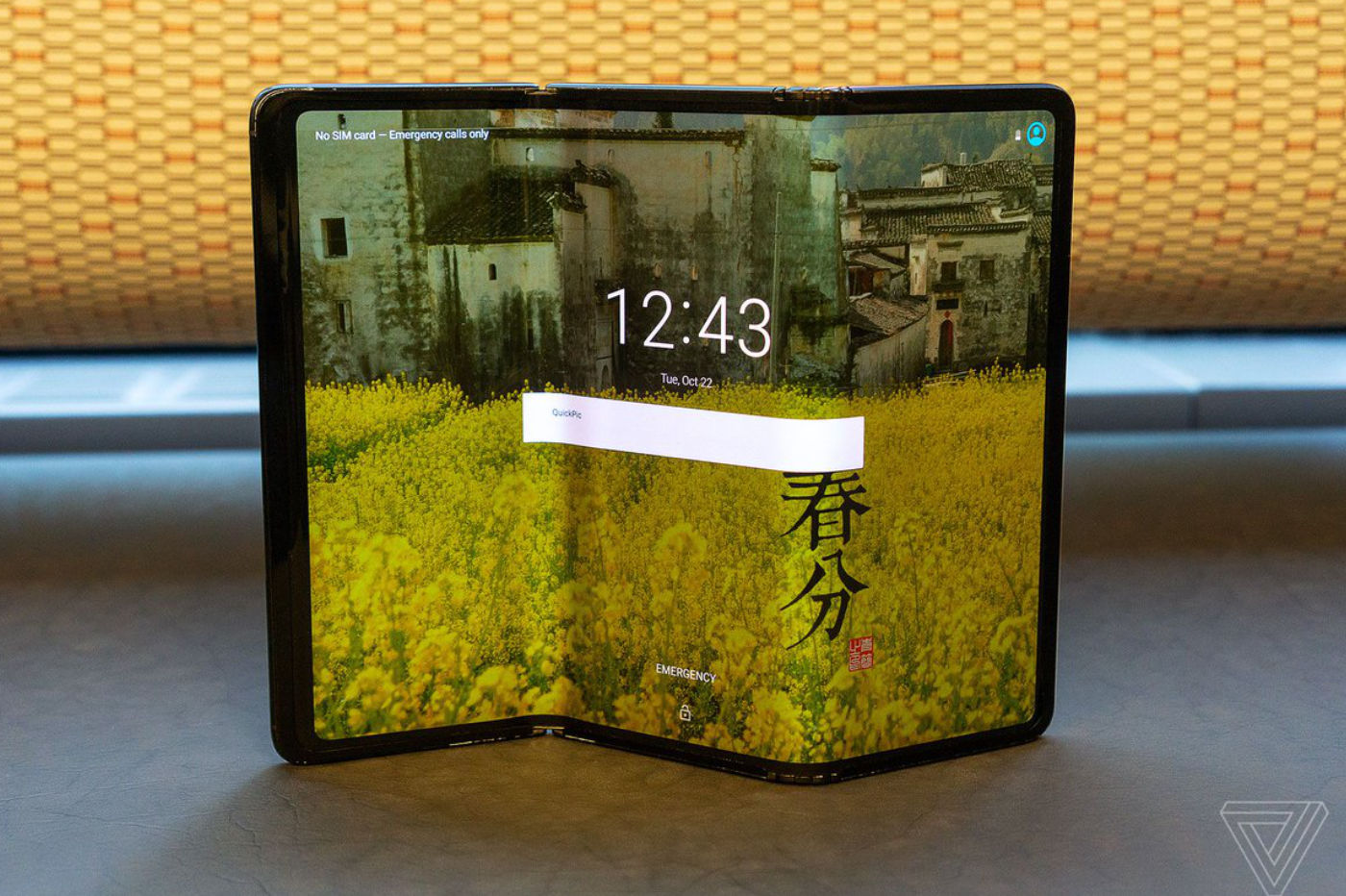
Wallbox presents itself as a global company dedicated not only to providing charging solutions for electric vehicles but also to changing the way the world uses energy. For this, this Spanish company has spent almost a decade developing advanced energy management systems and charging of electric vehicles that redefine the relationship between users and their energy consumption.
About Wallbox’s mission, its positioning in a market that grows double-digit globally every year and its own digital transformation, we have had the opportunity to talk with Pablo Rambladirector of customer support of the company. Rambla also tells us how, thanks to Salesforce solutions, they have been able to optimize a large part of their processes.
[MCPRO] What is Wallbox’s mission and how is it changing the way we relate to electricity consumption?
[Pablo Rambla] For us, the electric vehicle is much more than a mobility solution, it is a high-capacity battery on wheels. Taking this into account, the energy that is stored in this battery can be used both to move around and to supply it to a house or an office. Three years ago, Wallbox launched the first domestic bidirectional charger on the market, the Quasar. This allows not only to charge the vehicle but also to power a house or an office with the energy it has stored. Depending on the capacity of the battery, it can power it for up to three or four days.
Thanks to this new energy management system, we not only give the power of decision to the user, but we also encourage the consumption of renewable energy and help our customers reduce their electricity bill. Currently, all our domestic and semi-public chargers can be connected to solar panels (through the myWallbox app). In this way, the EV can be charged with clean energy or we can store this energy in the vehicle’s battery, since if we do not consume it when it is produced, it is lost.
[MCPRO] Where is the market right now?
[Pablo Rambla] Now no one doubts that the future of mobility is electric. There are countries that have been very advanced in adopting the EV for years, such as the Nordic countries, and there are others that still have a long way to go. To all this we must add that the automotive industry is suffering delays in vehicle deliveries due to a lack of components and this has ended up having an impact on all of us.
At Wallbox we are very well positioned worldwide to be one of the key companies when it comes to making the transition to EV globally. Our raison d’être is the conviction that the mass adoption of the zero-emission vehicle involved popularizing charging at home. And in this sense, the Pulsar Plus is the best-selling residential charger worldwide. But we are also aware that not everyone has a parking space where they can install a charger. It is for this reason, as well as to solve long-distance journeys, that a good public charging network is important. More than a year ago we launched our first charger that responds to this segment, the Supernova, which is capable of adding 100km of range in less than 15 minutes, and we are about to present an even faster version.
[MCPRO] And how are you seeing the demand for electric vehicles? Do you think it is growing both in Europe and in other geographical areas?
[Pablo Rambla] I believe that we are in a quite positive dynamic, both in Europe and globally. And although it is true that growth has perhaps slowed down somewhat in the last two years due to the component crisis, I have no doubt that this is the future and that there is no turning back. At Wallbox there is a figure that we keep very much in mind for the electric vehicle to become a reality: only 3% of the necessary chargers are installed worldwide. In other words: 97% of the chargers still have to be installed.
In some countries we have very clear references, especially the Nordic countries that are already reflecting metrics that indicate what the trajectory will be in other countries, with which I see a very promising and positive future.
In Spain, perhaps we are a little behind, but I think that everything is part of the process. We are in a process of change to which little by little we have to adapt. We have to be aware that now no one has any doubt that the electric vehicle is the future and that, sooner or later, we will all end up making the transition towards zero-emission mobility.
[MCPRO] In the case of Spain, what would you say are the main entry barriers for this type of electric mobility to become popular?
[Pablo Rambla] The electric vehicle faces great barriers: one is the high price of the vehicles and the other is the lack of a good charging infrastructure. In Spain we have a stable public aid plan to mitigate these two problems, Moves III. However, the process for requesting aid is slow, even slower is the granting process. And as if that were not enough, then these aids are penalized in the income statement.
On the other hand, in Portugal, instead of giving aid for the purchase of EVs, what they have done has been to eliminate taxes on this type of vehicle. In this way they have managed to boost the electrification of the country’s mobile fleet in addition to having a good public charging network.
[MCPRO] How long have you been working with Salesforce and what is your use case? How do you work with them?
[Pablo Rambla] We have been working together with Salesforce for two years. Personally, I dedicate myself more to post-sales customer relations and Salesforce has become a really useful tool: not only in the sense of being able to manage customers, but also because of how we store that data, how we analyze it and how, thanks to this analysis, we can even anticipate what customers need.
Thanks to Salesforce we have tools to not only contact customers, but also to anticipate their questions and be able to respond efficiently and quickly. Today we are supporting more than 6,000 customers per month, in 14 locations around the world. Thanks to Salesforce’s omnichannel capabilities, all of this work is made easier by the information we collect at each point, so we’re always improving based on feedback about our product and service.
[MCPRO] What Salesforce solutions are you working with?
[Pablo Rambla] Normally we work with Marketing Cloud and Service Cloud, since they allow us to have access to a 360º vision of our distributors and our clients.
Among other things, it allows us to offer a more personalized and direct customer service, maintain better communication channels and anticipate their needs even before they can contact us.
Before starting to work with Salesforce, we had another ERP but the classification it offered us was insufficient, it did not have the ability to automate actions, it was difficult to scale and it did not allow us to connect with other platforms and tools. Now, on the other hand, we are providing support worldwide and also in a simple way, even in different languages, time zones, etc.
[MCPRO] What plans or what milestones do you plan to achieve in 2023? How is your roadmap?
[Pablo Rambla] For me, above all, to get even closer to our customers. We must make our customers not only see that our charging solutions are an innovative product that will make their lives much easier, but that we also have a team of people behind them who will be helping you along the way and even before If you need us, we will be there with you.
And there Service Cloud plays a fundamental role, because when I talk about customer experience, customer service, I need to know what the other departments are doing. By having all this unified information, we can provide it very easily to our clients and resolve any type of question they may have.
As soon as we receive a call or are contacted, we can easily answer: Where did you buy the product? Who has been your dealer? What is your serial name has? What is your e-mail? What is your contact? Having a single source of information is basic. The ultimate goal is to be able to offer a “wow” service in which we are even able to anticipate what we already know they are going to ask us. And of course, through the most appropriate channel for each person, whether it’s a phone call or even WhatsApp.



